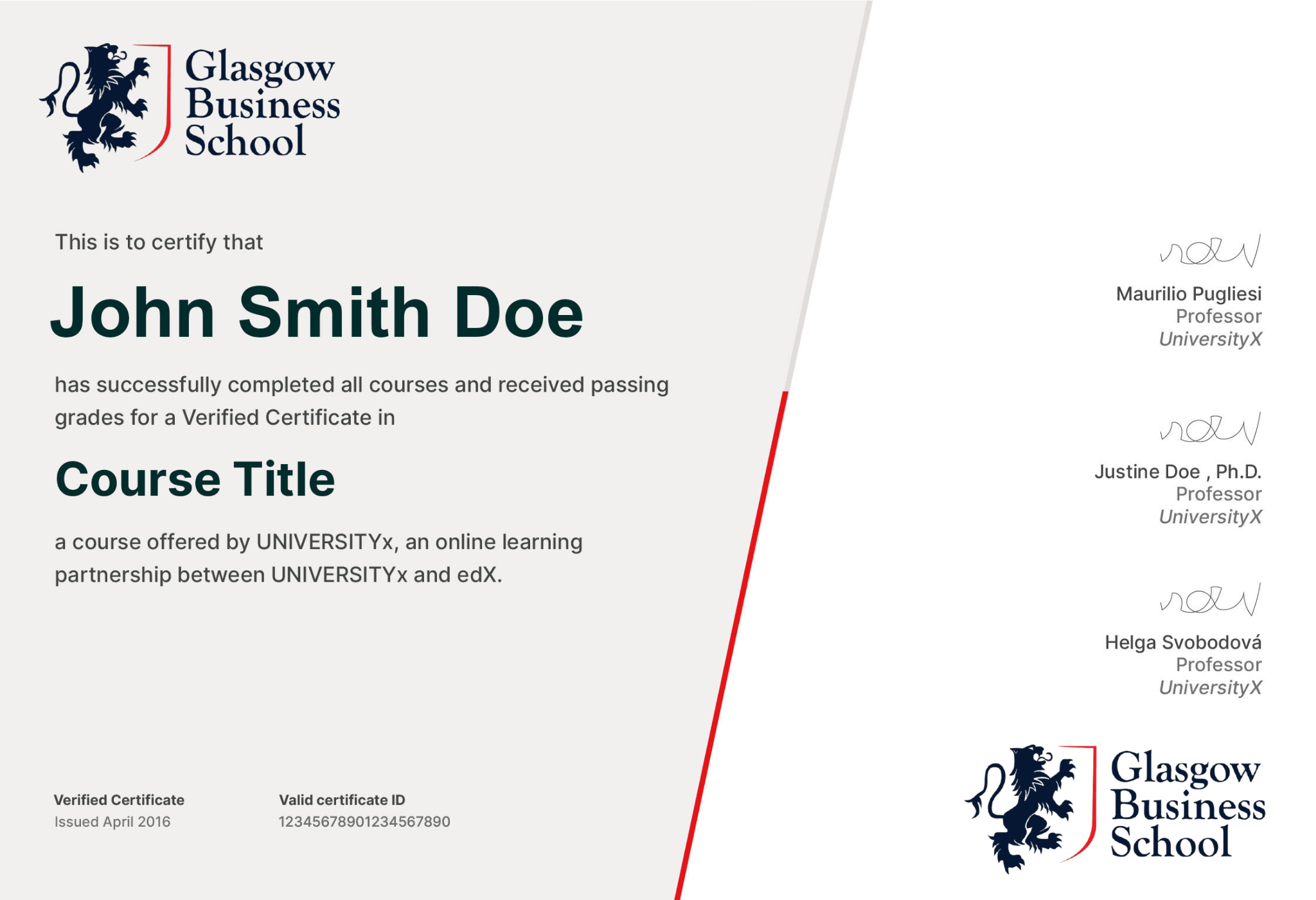International Postgraduate Diploma in International Business Law (Level 7)
The objective of this course is to acquaint the learner with the financial forecasting technique used in cost analysis and the preparation of cash flow statements.
Duration
9 Months
Pedagogy
Blended
Instalment
LBP 12,887,058 /month interest-free*
Total tuition
LBP 171,827,439
Request follow-up
Fill in the form below and one of our student advisers will contact you soon.
About the course
The course's objective is to acquaint learners with the financial forecasting technique for cost analysis and cash flow preparation. Learners will gain proficiency in utilizing correlations, linear programming, time series analysis, and various other techniques.Upon completing the course successfully, you will acquire the skills to perform calculations for diverse financial statements within an organization.
Upon successful completion of this program, you will have the ability to acquire knowledge in the following areas:
1. Forecasting procedures and techniques
2. Forecasting methods
3. Cost analysis for forecasting
4. Managing cash flow
5. Recognizing correlations and their patterns
6. Analyzing time series data
7. Implementing linear programming techniques
Course details
Mode of Study: Blended
Assessment: Research-based Assignments
The objective of the International Postgraduate Diploma (IPGD) in International Business Law is a field of study that focuses on the legal aspects of conducting business across borders. The course covers a wide range of topics, including international trade law, international commercial law, and other modules related to International Business Law.
Programme Structure and Credits:
This programme consists of 6 modules with a total of 120 credits.
Accreditation
All of our courses are accredited by the relevant partners and awarding bodies. Please refer to our information in about us for more details.Entry requirement
Entry requirements for this course are not rigid. Possessing work experience can offer an additional benefit in comprehending the course content.The certificate aims to augment the learner's expertise within the respective field. It caters to individuals who are enthusiastic about gaining further insights and staying current with the latest ideas in their area of interest. This certificate is particularly suitable for the following professionals:
- CEOs, Directors, Managers, and Supervisors
- General Managers
- Financial Managers
- Commercial Managers
- Accountants
- Cost Controllers
Sample Certificate

What you'll learn
Module 1
ASSIGNMENT & STUDY GUIDELINES
This module provides the most critical information about the study course and assignment submission.
Module 2
International Trade Law
The objective of this unit is to enhance learners' comprehension of global trade regulations. Learners will concentrate on topics like international competition policies and explore the principles and procedures of international sales agreements. They will also evaluate challenges linked to global trading within an organization.
Module 3
Commercial Trust Law
This unit explores the law of trusts in an international context, comparing doctrine in different jurisdictions and exploring the theoretical implications of such differences.
Module 4
Industrial And Intellectual Property Law
The objective of this unit is to empower learners with the knowledge of regulatory and legislative demands concerning industrial and intellectual property laws. Learners will delve into pertinent topics such as financial strategy, management of debt and equity, the fundamental factors influencing shareholder value, corporate governance, and the management of asset portfolios.
Module 5
Law And Financial Crimes
The course on Law and Financial Crimes offers a comprehensive exploration of regulations concerning financial misconduct. Within this curriculum, learners will delve into the governing legal structures for financial wrongdoing, along with the methods employed to examine and bring perpetrators to justice. Key subjects encompass the contribution of financial institutions in thwarting such crimes, the integration of technology in investigations of financial wrongdoing, and the imperative global collaboration required to counteract these illicit activities. Additionally, participants will cultivate insight into the moral and occupational obligations of legal professionals engaged in cases of financial misconduct.
Module 6
Company Law
This unit is designed to impart knowledge to learners about English Law concerning registered companies, encompassing both private and public limited companies. Through this unit, learners will acquire a comprehensive understanding of the legal aspects impacting companies, the responsibilities and entitlements of shareholders and directors, and the legal protocols pertaining to corporate liquidation.
Module 7
Legal Research Methods
The unit's objective is to enable learners to acquire essential knowledge, comprehension, and competencies pertaining to legal research and the theoretical and methodological challenges linked to legal studies. Learners will have the opportunity to explore crucial subjects related to a research issue, perform comprehensive literature assessments, handle referencing, employ data collection and analytical methodologies, and derive conclusions from scrutinized data.
How learners like you are achieving their goals
Participants in our courses don’t just learn new skills, they enjoy the experience too.
Zainab P.
EgyptExecutive Education
A smart way to enhance my knowledge within a short period of time, the course is very productive and beneficial for me...so grateful that i completed successfully...i would recommend my friends and family about the course.
Andrew S.
United StatesExecutive Education
Truly enjoyed the Strategic Management and Leadership Level 7 course and it provided me with a clear insight and helped me in my daily work as Plant Manager.
Richard T.
ScotlandExecutive Education
The modules were well structured, and gave me the knowledge to make sound decisions that maximize performance.
Rachel O.
NigeriaExecutive Education
I have learned a lot and gain experienced in this course. At first, I did not have confidence when standing front of audience but now, it is a different story.